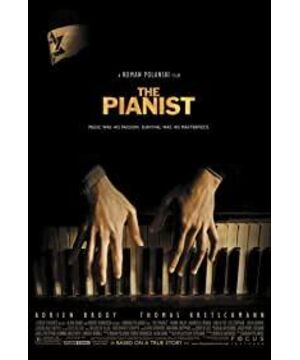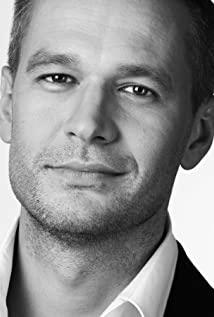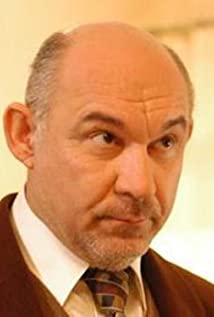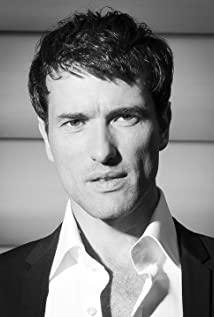When the shells hit the radio, everything was still very quiet. In the tidy studio, the music was flowing quietly. The protagonist has a high nose bridge, handsome hair that is combed back, and slender fingers flying on the keys. His face is intoxicated and silent, which reminds me of Kafka in the photo.
After that explosion, everyone's fate changed.
Even though the radio declared that Britain and France had sided with the Poles, it was not long before fierce German soldiers were patrolling Warsaw. Next, they had Jewish symbols on their right arms. They were driven into dilapidated neighborhoods with high walls. They were pulled into concentration camps by train after train!
The family's stubbornness at gunpoint is so fragile that the pianist quickly becomes a poor creature on the run alone. The second half of the film is all about his hiding process in various places. There are very few lines to explain. The camera is our eyes - his beard is getting longer and longer, his cheeks are getting thinner and thinner, and we see him like a trapped beast. Walking around the house, "playing the piano" with the music from next door, running and crying in the streets full of corpses...
and those pictures looking out of the window. From time to time, the trapped pianist was attracted by the noise outside. As he looked out the window again and again, I saw that the tidy street outside became dilapidated step by step, and the corpse changed from complete to dilapidated. There is no language, only the German soldiers' riding boots and simple scolding, and the sound of gunfire is heard from time to time. Gradually, there were only two types of people left on the street outside the window, the murderer and the murdered. The corpses were on fire, and the two German soldiers were eating their own food comfortably. The fugitive pianist climbed over a wall, only to find that he was facing a city that had become a ghost town.
The story continues on the run and escape, with the pianist hunched over the ruins looking for something to eat. He found two potatoes, and he also found an attic where he could hide. At the same time that he found a difficult juncture, he was also found by an officer in a straight military uniform.
"What do you do?"
"I'm a pianist."
"Come with me."
The pianist tremblingly followed him to a piano, not forgetting to bring his can. He played a piece for the officer, the piano ended, the officer walked out, and the pianist's life took a turn.
I don't want to see the officer's help to the pianist as a charity. It's just an instinct. Standing in the ruins, he may not want or have the strength to destroy anything. The world has been smashed, do you want to smash another pianist? "May we all escape," he said.
Heavy snow covered the ruined city, the Germans evacuated, and Soviet troops drove through the streets. The story finally came to an end. The pianist was playing his piano on the radio with an intoxicated and silent expression, and the officer became a Soviet prisoner and died in distant Russia.
The long movie came to an end, with a pair of hands flying over the keys.
View more about The Pianist reviews











